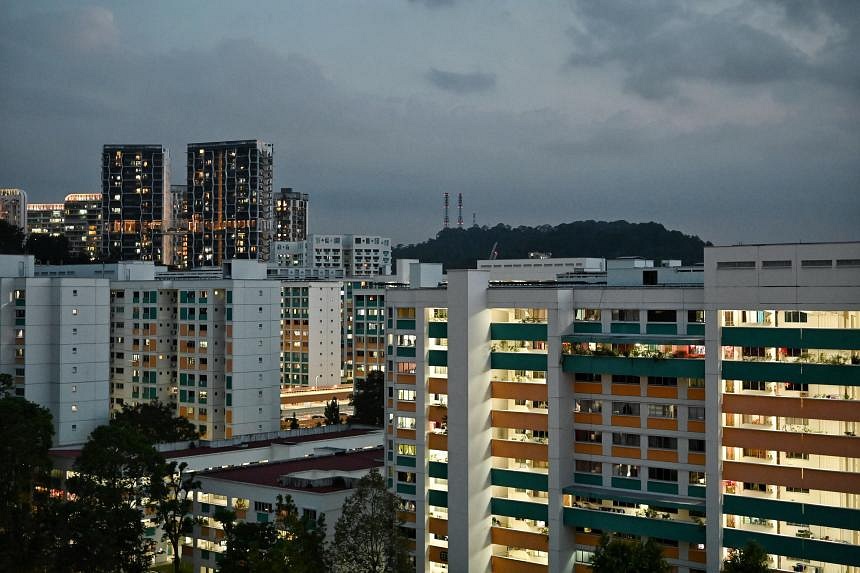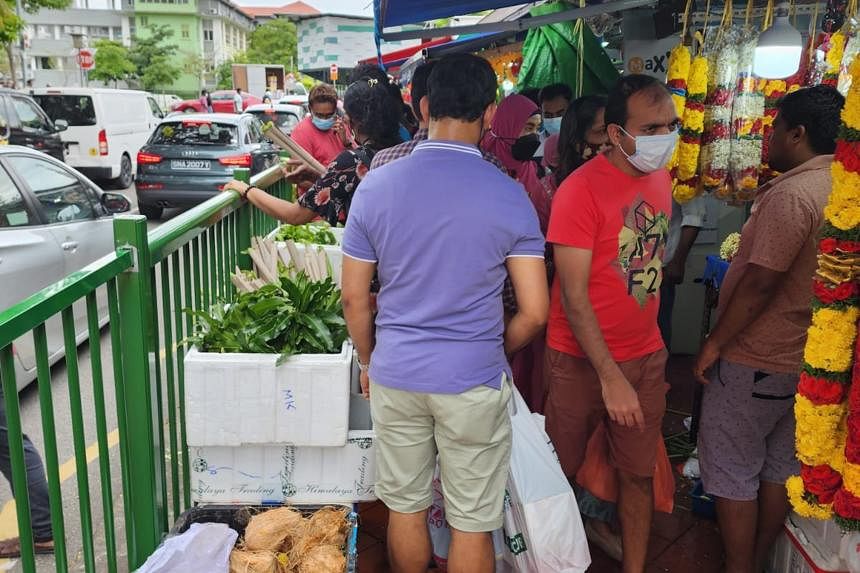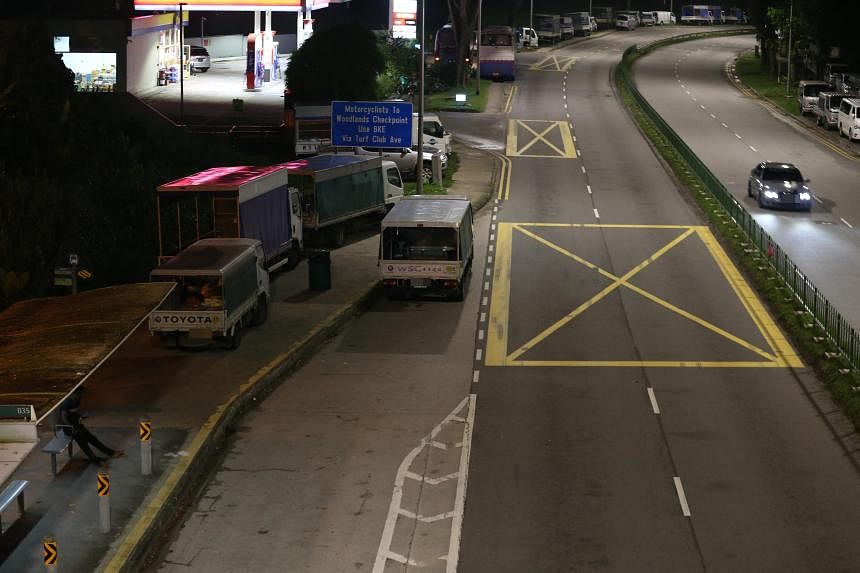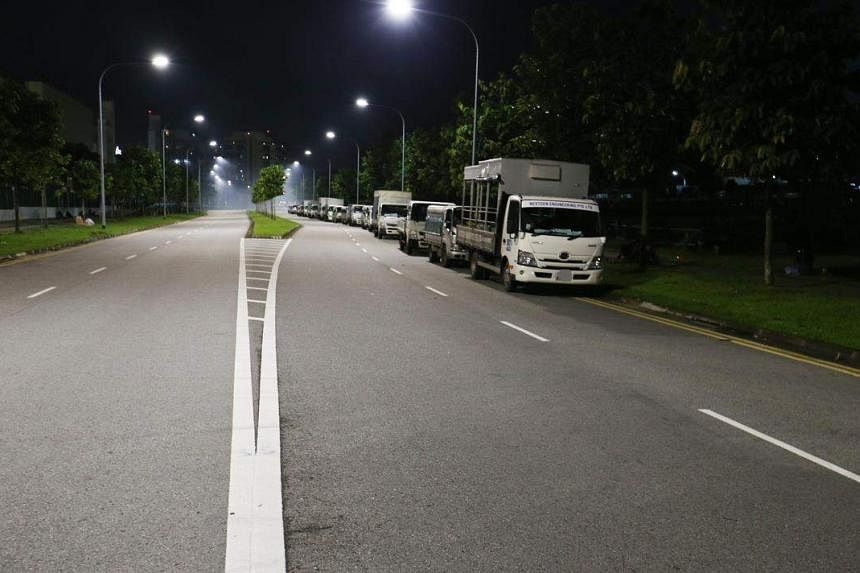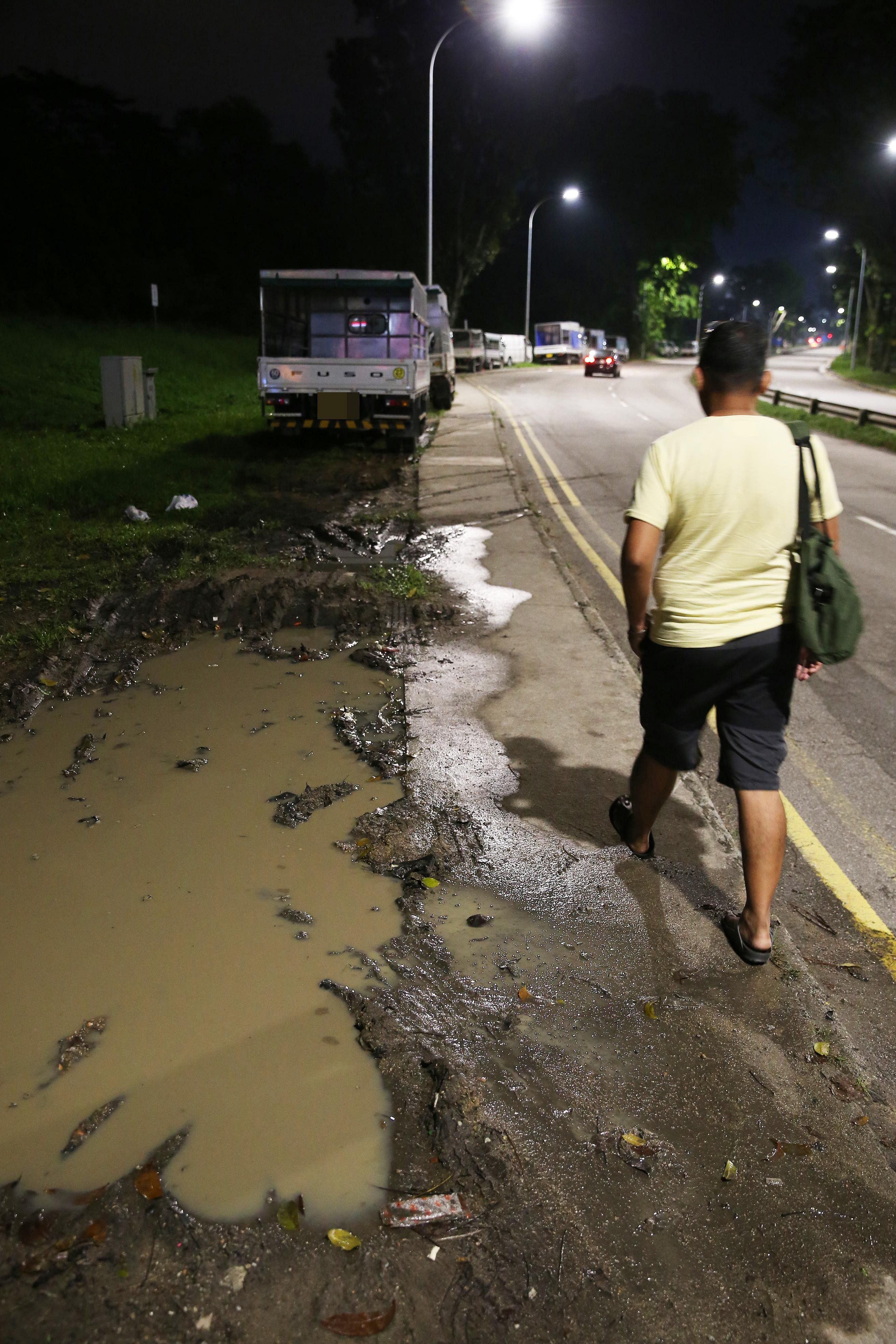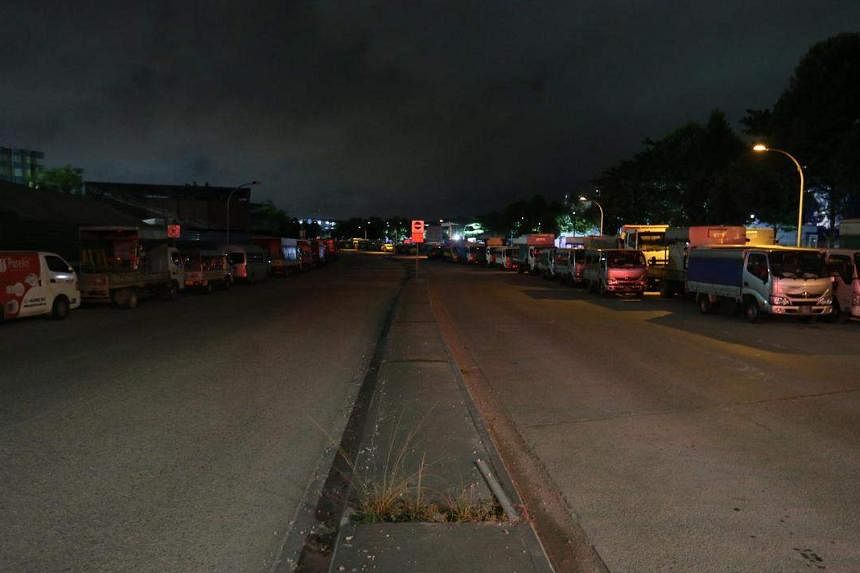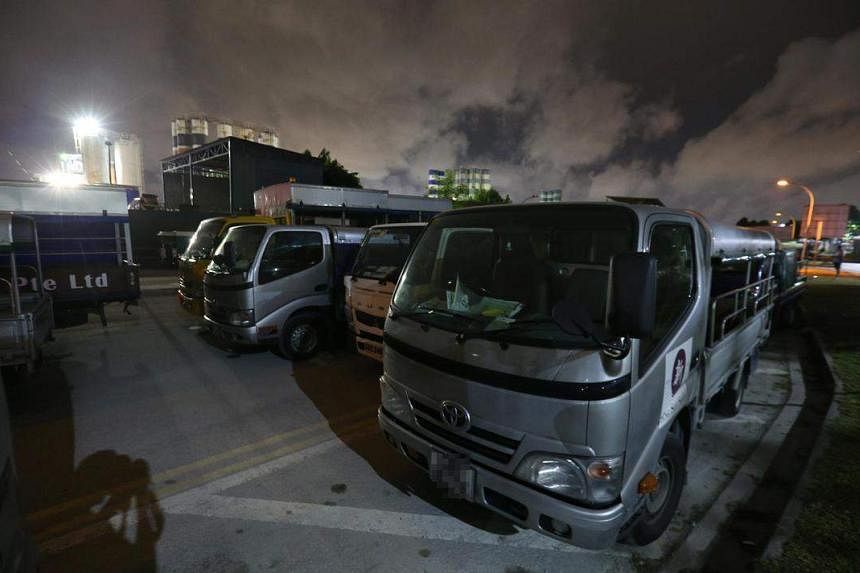Illegal carpooling chat groups on Telegram grow in popularity; LTA monitoring, will take action
The largest carpooling chat group here, SG Hitch, has over 199,000 members as at Saturday, up from about 56,000 members in April 2020. PHOTO: UNSPLASH
Nadine Chua
Feb 6, 2023
SINGAPORE – On a Friday night, a trip from Bedok to Orchard Road cost $32 on ride-hailing apps such as Grab and Gojek, while the same trip cost $16 on an illegal carpooling chat group on Telegram.
To save on the trip, a 26-year-old teacher, who wanted to be known only as Ms Gen, opted for the carpooling service from SG Hitch to get from her home to Wisma Atria. Her ride in November 2022 put her off such illegal services for good.
“The driver drove dangerously. He was tailgating and speeding the entire time. He later admitted that he rarely drives,” Ms Gen told The Straits Times last week.
“I was really afraid when I was in his car, but because Telehitch is unregulated, there was no way for me to report him,” she said.
Chat groups such as SG Hitch on Telegram that connect drivers and passengers have grown in popularity over the years. These chat groups, known as Telehitch groups, started appearing around 2019 and are illegal and unregulated.
In Singapore, drivers offering private-hire ride services need to get a Private Hire Car Driver’s Vocational Licence (PDVL), but this is not required on Telehitch groups.
The largest carpooling chat group here, SG Hitch, has more than 199,000 members as at Saturday, up from about 56,000 members in April 2020.
A check by ST found that there are at least five such chat groups on Telegram, with the smallest having more than 18,000 members. One of these is a group for only female drivers and passengers, and it has more than 32,000 members.
The administrators of the chat groups did not respond to requests for comments.
In response to ST’s queries, a spokesman for the Land Transport Authority (LTA) said carpooling matched through informal non-business mediums, such as SG Hitch,
is not allowed.
Carpooling arrangements facilitated by licensed business platforms such as GrabHitch and RydePool, as well as other licence-exempt business platforms which have fleets of fewer than 800 vehicles, are permitted, said the spokesman.
There are no restrictions on social carpooling among friends and colleagues, she added.
When asked what measures LTA has taken against illegal carpooling services on Telegram, the spokesman said the authority “will continue to monitor and take enforcement action against those providing illegal carpooling and carpooling matching services”.
In 2019, a man used carpooling chat groups on Telegram to dupe women into believing that he would drive them to their destinations. Instead, he drove them to secluded places and molested them. He was sentenced to five years and 10 months’ jail and given six strokes of the cane for molestation.
In the same year, a Nanyang Technological University student was reportedly molested by another driver on a Telegram carpooling chat group.
If found guilty of providing carpooling matching services, an individual may be jailed for up to six months, fined up to $10,000, or both.
Those convicted of providing illegal carpooling services without a vocational licence, or using an unlicensed vehicle, may be jailed for up to six months, fined up to $3,000, or both.
Passengers who opt for carpooling services offered by Telegram said they do so to save money, especially when fares spike on ride-hailing apps during peak periods.
They said they are aware of the risks involved. These include sexual harassment and other safety risks.
Ms Lim Zheng Yi, who works in IT and uses Telehitch about once a week, said she received nude photos from men on three occasions - once in 2021 and twice in 2022 - when using the platform to get rides.
The 23-year old said: “My friends who use Telehitch have also received unsolicited nude photos.
“But it hasn’t really deterred me from using these chats because the people who send such photos are the minority. I’ll just block them and usually these people will have their accounts banned from the chat group after a while.”
Another passenger, who wanted to be known only as Mr Wong, said he usually uses Telehitch at night when prices are high and it is tougher to get a ride.
The product manager, 26, said: “I’m aware of the safety concerns because the drivers are not screened and the service is illegal, so I’m slightly more alert during the ride.”
Most drivers using Telehitch whom ST spoke to said they use the platform to make a quick buck, even though they are aware that it is illegal.
A 27-year-old financial adviser, who declined to be named, said he picks passengers up on Telehitch about once or twice a month when he rents a car for the day.
“When I’m on my way home, I’ll just send a message on the chat and see if there is anyone I can pick up along the way. It’s just to cover petrol costs, so why not?”
Another Telehitch driver, a university student who wanted to be known only as Mr Tan, 25, said: “To be a driver on legitimate apps such as Grab and Gojek, a PDVL is required and I’m too young to apply for that.”
In September 2020, LTA announced that
all new PDVL applicants must be at least 30 years old. Prior to that, there was no minimum age, although applicants had to have held a driver’s licence for at least two years to qualify.
Despite the dangers of using illegal carpooling services, many passengers looking to save on travelling cost are willing to take the risks.
A 20-year-old undergraduate, who wanted to be known only as Ms QX, said: “If the driver decides to take you to some place secluded and something bad happens to you, you cannot hold anyone accountable.
“But as someone who is trying to save money, I’m willing to sacrifice a bit of safety to get a better deal.”

